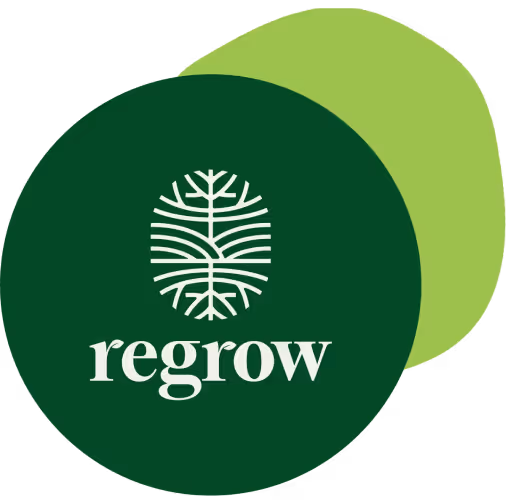Two young food brands— and one century-old veteran in the cereal game— gathered in March 2021 at the Future of Food Conference, held by the Innovation Forum.
A more climate positive food chain is in the works, very slowly pushed forward by farmers, ag tech, and other major players. But where do some of the food brands fit in, and what role are they playing? According to some of them— most notably among the younger companies— climate positivity must be woven straight into the fabric of your product, its production means, and your ethos.
“There is a huge opportunity here for the private sector to innovate for products like Impossible Burger… like Oatly’s milk…like everything coming out of the Morningstar Farm’s portfolio,” says Rebekah Moses, Director of Impact Strategy at Impossible Foods, citing the starting shift towards plant-based meat alternatives.
“You can get [consumers] to shift consumption, shift dollars, over to a much more climate friendly option [and] there is a way to scale this.”
Adds Ashley Allen, Chief Sustainability Officer at Oatly, “there’s this new way that we need to start thinking about this….the traditional way to think about it is, you’ve got this big source of pollution, and how do you take responsibility to shrink that pollution over time?
“The updated way that we need to be thinking about it, is how do we replace, leap frog, skip the things that are driving those emissions in the first place?”
This slow passage to plant-based is a clear call on farmers to take on the change themselves, or to at least diversify their operations— not only to meet regenerative outcomes, but to also angle towards an increasingly plant-based dominant market, with companies like Oatly and Impossible Foods taking the charge and globalizing rapidly.
Meanwhile, Kate Schaffner—Global Sustainability Manager at Kellogg, a comparative longtime forerunner in plant-based foods—says their 100+ year-old company’s strategy for climate positivity is a cautious one: keeping a sharp eye on brand collaborations, financial incentives, and where the slow yet promisingly lucrative carbon markets will lead the farmers in their supply chain, so as not to put all the risk on the farmer or their own business sustainability.
“We fully recognize and hear from farmers who are in our supply chains, that opportunities to diversify income would be of interest,” says Schaffner of supplying from carbon farming, which would help launch Kellogg into the climate positive product sphere.
“We continue to monitor the situation and look for opportunities to promote farmers’ resilience on the whole: whether that means equipping them to participate in carbon markets, or looking at it from the perspective of valuing the carbon sequestration that they provide within our own supply chains.”
Representatives of all three companies, concerned about competition, notably agreed on one thing: companies must be on the same page and mutually agree to prioritize climate initiatives over competitive growth if there is to be any success.
“When [is] pre-competitive collaboration needed?” Adds Schaffner.
“Even if we did have the resources to support…technical assistance and cost-share requirements needed to implement[regenerative] practices in our supply chains… This is something that requires collaboration across the industry…”
“To…find opportunities to pool resources, and ultimately to do that in partnership with financial institutions, with public agencies…it’s a problem that we all have a stake in,” finishes Schaffner.



